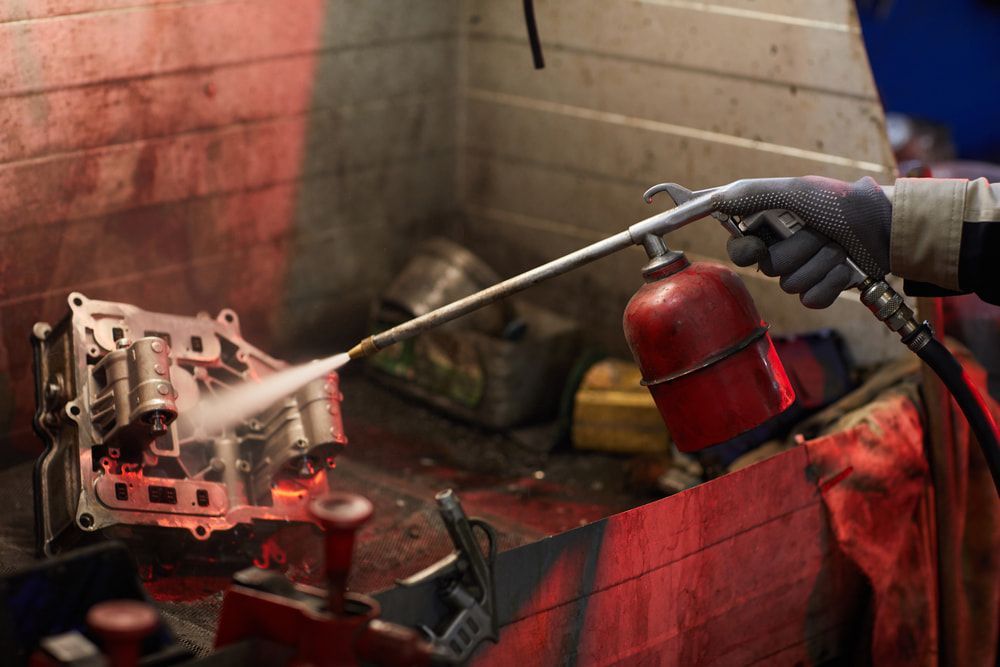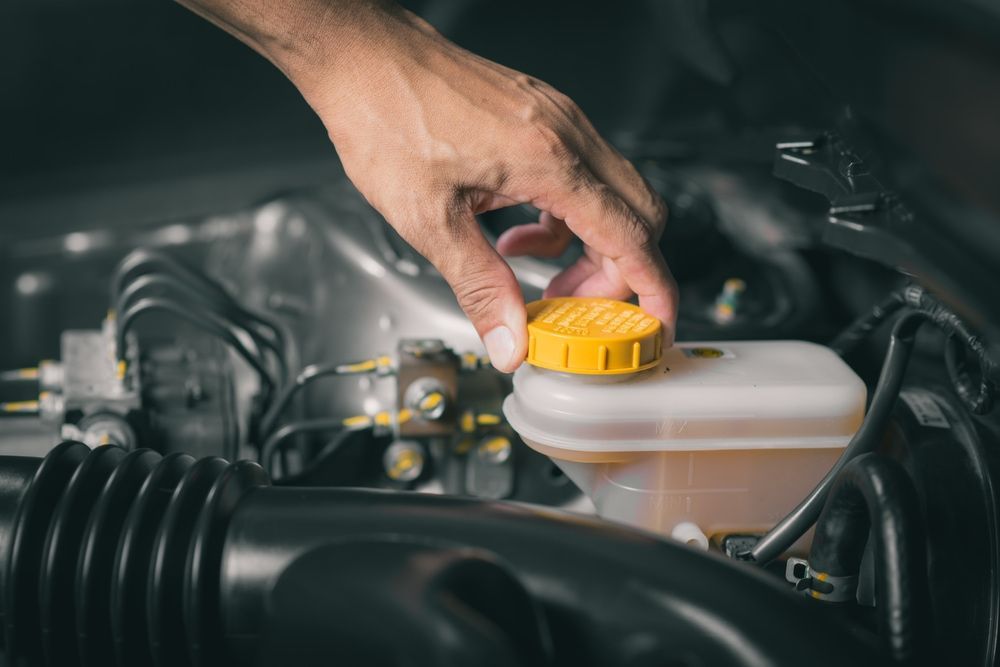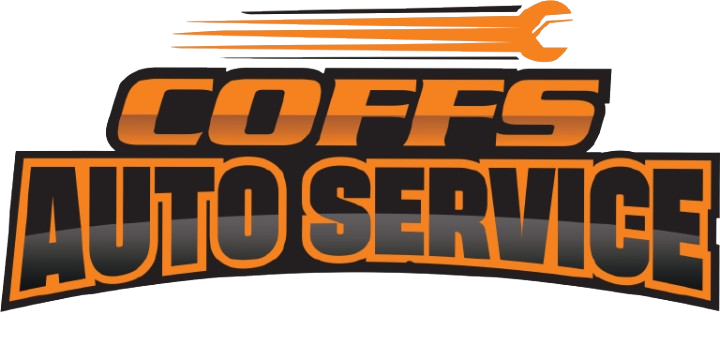Contaminated Fuel Removal in Coffs Harbour
- Pre-Purchase & Safety Checks
- Written Reports Available
- Fast, Flexible Bookings
Request a Callback
Thank you for contacting Coffs Auto Service.
We will be in touch soon.
Please try again later.
Coffs Harbour Contaminated Fuel Removal
There’s nothing quite as frustrating as filling up your tank only to discover later that your car's running rough—or not at all—thanks to contaminated fuel. At Coffs Auto Service, we’ve seen it all here in North Boambee Valley—from diesel in petrol cars to tanks full of waterlogged fuel. Contaminated fuel can sneak up on anyone, but the damage it causes can be severe and costly if left unchecked. That’s why we’ve made fuel system cleaning and contamination removal a priority service for local drivers.
- Same day bookings
- Fully licensed workshop
- Clear upfront quotes
- Locally owned & operated
- All make & model servicing
- Tyre checks, replacements & balancing
We’ll safely drain and clean your system, inspect fuel lines, replace damaged filters, and help prevent further problems. Give us a call on 0402 058 988 if your vehicle’s showing signs of contaminated fuel—we’ll get you back on the road quickly and without the stress.
Why Acting Fast Matters
Contaminated fuel doesn’t just affect performance—it can lead to serious damage to your injectors, fuel pump, and engine. And for newer vehicles with tighter tolerances and high-performance engines, the risks are even higher. We’ve helped countless Coffs Harbour locals who’ve accidentally filled up with the wrong fuel or picked up a bad batch.
Acting quickly not only protects your engine—it saves you money in the long run. Our mechanics take the time to explain what happened, what we’re fixing, and how to avoid it next time. No jargon. No unnecessary upsells. Just honest advice and solid repairs. So if your car’s acting up after a recent fill-up, don’t wait for it to get worse. Call 0402 058 988 now and let’s take a look before it turns into a bigger job.
What are the symptoms of contaminated fuel in a car?
Contaminated fuel can lead to a wide range of performance issues that often appear suddenly after refueling. Common symptoms include engine misfires, hesitation during acceleration, poor fuel economy, hard starting, or the engine failing to start at all. You might also notice a rough idle, increased exhaust smoke, or unusual knocking or pinging sounds from the engine. In some cases, the check engine light will illuminate, or your vehicle may go into limp mode to protect critical components. These issues occur because contaminated fuel disrupts the combustion process, clogs fuel injectors, and affects the efficiency of the fuel system. If left unresolved, it can lead to expensive repairs, including damage to the fuel pump or engine internals.
What causes fuel contamination?
Fuel contamination can occur in several ways, and it often starts at the pump or during fuel storage. One of the most common causes is water ingress—usually from condensation in underground fuel tanks or during transportation. Water in fuel can cause rust, microbial growth (known as diesel bug), and poor combustion. Another major cause is the accidental mixing of fuels, such as putting petrol in a diesel car or vice versa, which can damage fuel system components quickly. Contaminants like dirt, sludge, or even metal shavings can enter the tank from corroded fuel tanks or dirty jerry cans. In rare cases, poor-quality or adulterated fuel can be to blame, especially if bought from unreliable sources. Regardless of the cause, contaminated fuel poses serious risks and should be addressed immediately.
How is contaminated fuel removed from a vehicle?
The process of removing contaminated fuel typically involves draining the fuel tank completely and flushing the entire fuel system. This includes removing any residue or water from the tank, inspecting and cleaning the fuel lines, and replacing the fuel filter. In cases where the wrong fuel type was added, the mechanic may also need to check the injectors, spark plugs, and engine internals for damage or carbon buildup. For diesel vehicles, special attention is given to the fuel rail and injectors, as these components are sensitive and prone to damage from even small amounts of contamination. Once the system is clean, new fuel is added, and the vehicle is started and monitored to ensure proper operation. In more severe cases, further diagnostics may be needed to confirm that no long-term damage has occurred.






